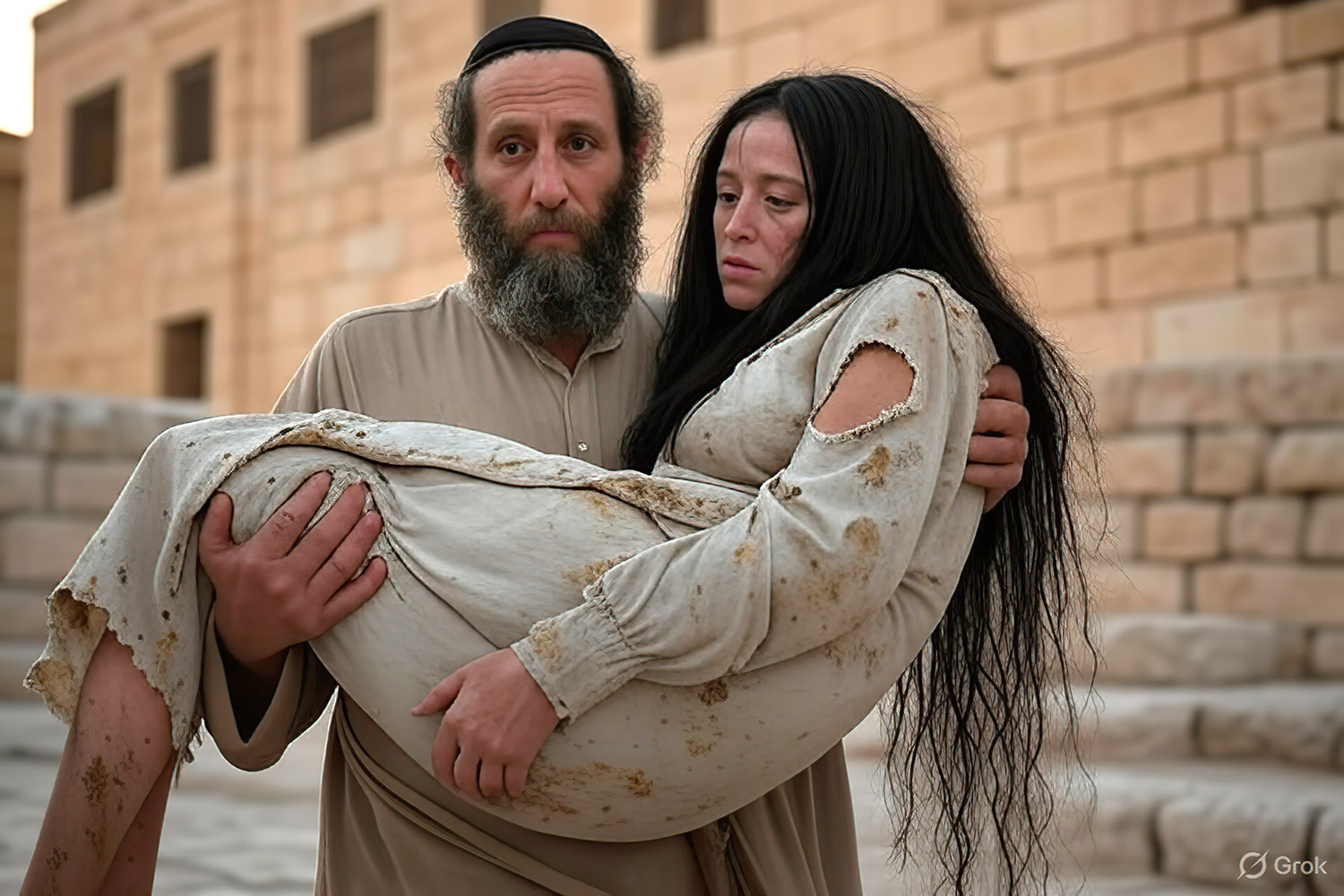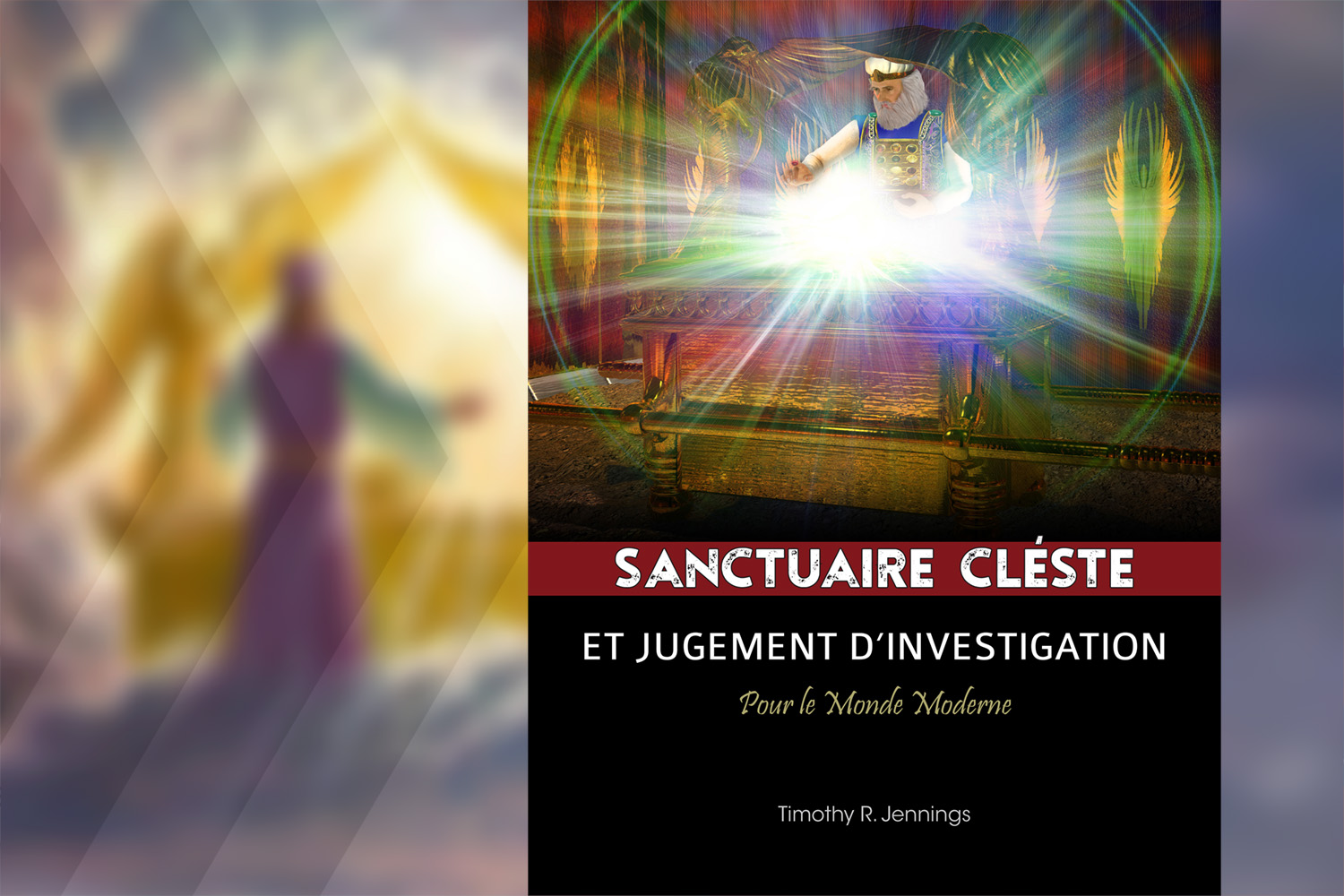A colleague confided to me about intense feelings of guilt regarding her younger sister who died ten years ago from a brain tumor.
During her sister’s illness and while she was undergoing therapy, my colleague was consistently mean, bullying and teasing her younger sister. The taunting and meaness continued for years and only ended when the younger sister died.
After the death of her sister, my colleague was consumed with guilt and remorse at how she treated her sister. She has been unable to forgive herself and is depressed and distraught because she will never be able to appologise to her sister and seek her forgiveness. The remarkable thing is that her sister died ten years ago and my colleague is still struggling with feelings of guilt.
How would you suggest she resolve these feelings of guilt?
In general there are two types of guilt – legitimate and illegitimate guilt. Legitimate guilt occurs when we have actually done wrong, violated God’s law, exploited another, lived selfishly. And illegitimate guilt is experienced when no wrong has been done, and thus it is illegitimate, yet one still feels the emotion of guilt.
The purpose of guilt is, like pain, to warn and protect. If someone touches a hot stove and feels pain, the pain is not “bad” but alerts the person very quickly that something damaging is happening to the hand is instantly removed and the damage stopped. If one is sensitive enough one might even feel the heat of the stove before it is touched and avoid any damage at all. Likewise the conscience is sensitive to actions which violate God’s law of love and result in damage to our minds and characters. When we violate God’s law of love we experience legitimate guilt to alert us something is wrong and motivate us to turn away from the damaging activity. If our consciences are sensitive enough we might even be convicted of the wrong before we act and thus avoid any damage to mind or character.
How do we resolve guilt? Legitimate guilt is resolved by repentance and, as far as possible, restoration. Repentance is not mere confession but is an actual change of heart motive such that the selfishness in the heart which led to the sinful act is replaced with God’s love. This is a supernatural work experienced in union with God via the work of the Holy Spirit. When genuine repentance occurs then guilt resolves as the person experiences the reality that “it is no longer I that lives but Christ lives in me.”
Illegitimate guilt feels like legitimate guilt but is never resolved by repentance and restoration because there is nothing for which to repent and nothing to restore. However, because guilt feels like guilt most people make the mistake of trying to resolve illegitimate guilt by repentance and restoration, but this never works. Illegitimate guilt always occurs from, in some way, believing a lie. And the only way to resolve illegitimate guilt is by the application of truth.
The case you describe is interesting and one of two possibilities may be transpiring. One possibility is that the young woman has confessed, but not repented, meaning that she is sorrowful for the outcome of what transpired, but has not experienced a new heart such that she is a different person who loves others more than self. If she remains selfish in her heart, and continues to live toward others in a self-centered way then her conscience will continue to convict her of guilt for such selfish living. If, however, she doesn’t “care” as much about the people being treated as selfish her mind might, instead of clearly identifying the guilt with the recent selfish behavior, associate the guilt with her sister and thus she keeps feeling guilty about her sister. The real problem being no true change in heart motive has transpired.
The other possibility is that she has experienced genuine repentance and does have a new heart which loves others more than self, but has also believed some lie which is generating illegitimate guilt. An example of some lies that could do this are: “If I would have been kinder to my sister she might not have died. My sister was good to me and to treat her like that I am beyond salvation. I am not worthy. I am no good. I am too offensive for God to love or heal or forgive” etc.
Such lies generate fear, insecurity and false guilt. The only solution to this false guilt is the truth. We are all sinners, born in sin conceived in iniquity (Ps 51:4) and it is only by God’s grace we can experience healing of mind and character. This means that before conversion it is inevitable that we will act selfishly, without God’s grace it is impossible not to. Thus we don’t need to feel guilt for being born sinners, but need to be asking the question, “Am I partaking of God’s remedy to sin.” We also must recognize our worth is determined in who we are, God’s creation, not in what we do.
Finally, one other possibility is that while this lady has asked God’s forgiveness and experienced a change in heart attitude, she has refused to forgive herself because she finds what she has done so reprehensible that she continues to punish herself in her own mind. This happens because of believing the lie that she was actually able to not be this way on her own without God’s grace in her life. It is when we recognize the truth that we are all born infected with selfishness and cannot cure ourselves that we can stop feeling guilty for the symptoms and instead come to Christ for healing. This lady had selfishness in her heart before these experiences with her sister, evidently this situation effectively diagnosed and exposed the truth that selfishness infects the heart, and now, with this awareness, she needs to come to Christ for healing. So I would recommend she reexamine the meaning of her history and recognize it is this history that helped bring to light the selfishness which was already in her heart prior to her sister’s illness and now that she is convicted of this condition is able to go to Christ for healing and restoration. Thus she can be thankful for the experience which helped awaken her to her true condition and then thank God that “while we were yet sinners Christ died for us!” In other words, that God already knew our terminal condition and the symptoms it brings, and through Christ has done all that is necessary to remedy and heal our self-centered hearts!











 using your credit or debit card (no PayPal account needed, unless you want to set up a monthly, recurring payment).
using your credit or debit card (no PayPal account needed, unless you want to set up a monthly, recurring payment). instead?
instead?